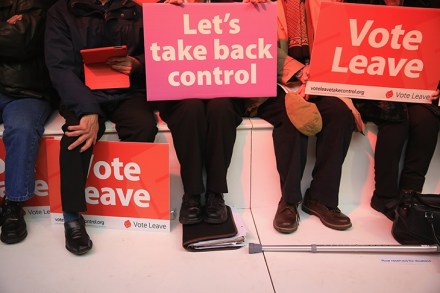The simple trick that will hugely boost your phone coverage
In the recent debate over Britain’s 5G infrastructure, one dog didn’t bark in the night. At no point did anyone dare suggest that, regardless of the supplier, upgrading our mobile networks to 5G might be premature. In saner parts of the economy, an investment requires something called a ‘use case’ or a cost-benefit analysis. In











